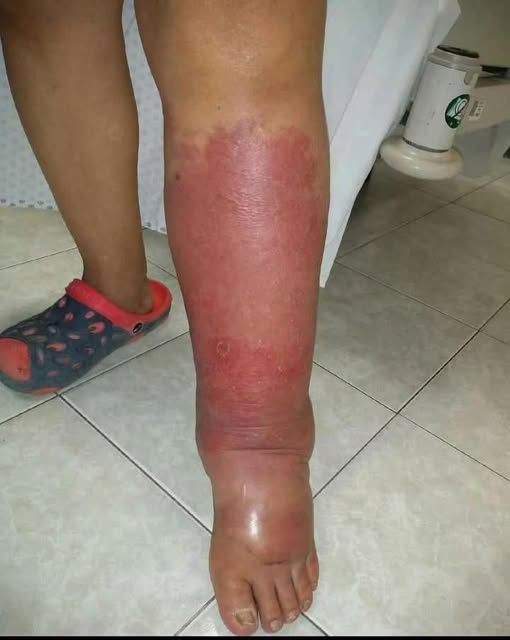Oral cancer remains one of India’s most pressing health challenges, with nearly 77,000 new diagnoses and over 52,000 fatalities recorded this year alone. Predominantly affecting men over the age of forty, this disease is closely linked to tobacco in all its forms—whether smoked or chewed—as well as excessive alcohol consumption, betel-nut chewing, and frequent sun exposure to the lips.
Because symptoms often go unnoticed until the cancer has spread to nearby lymph nodes, many patients receive their diagnosis at an advanced stage—dramatically reducing survival rates. Yet when oral cancer is identified early, the odds of successful treatment improve markedly. That’s why it’s vital to be alert for warning signs such as non-healing sores, persistent red or white patches inside the mouth, unexplained lumps, bleeding, numbness, or difficulty swallowing and chewing.
The most commonly affected areas include the lips, tongue, gums, inner cheeks, and the floor of the mouth. Self-exams can help detect abnormalities, but experts recommend a professional oral screening at least twice a year. Anyone who notices a suspicious lesion lasting more than two weeks should seek immediate evaluation by a dentist or oncologist. Early intervention—whether surgical removal, radiation therapy, or chemotherapy—offers the best chance of a cure.
Reducing your risk begins with abandoning known habits that contribute to oral cancer: stop using tobacco in every form, limit alcohol intake, avoid betel-nut products, and protect your lips from the sun with a broad-spectrum sunscreen or a wide-brimmed hat. In some cases, vaccination against human papillomavirus (HPV) may further decrease the likelihood of certain oral and throat cancers.
Across India, specialists like Dr. Sajjan Rajpurohit and his colleagues are at the forefront of early detection and multidisciplinary care. They guide patients through precise staging and tailor treatment plans that balance effectiveness with quality of life. Supportive services—ranging from nutritional counseling to speech therapy—help survivors rebuild strength and confidence after treatment.
While oral cancer continues to claim thousands of lives each year, heightened awareness, routine screenings, lifestyle changes, and prompt specialist care can transform the outlook for countless individuals. By staying informed and acting quickly on any warning sign, India’s communities can confront this disease head-on and improve outcomes for all.
